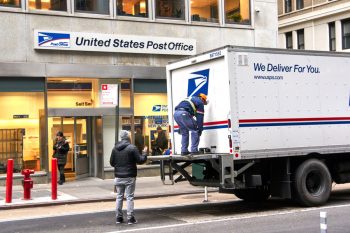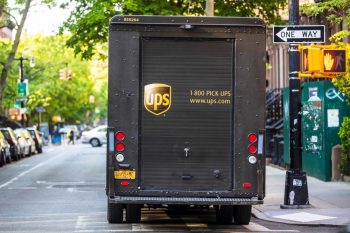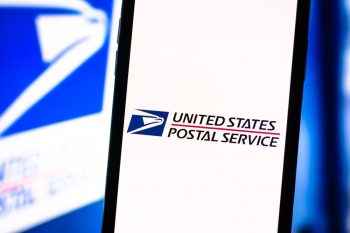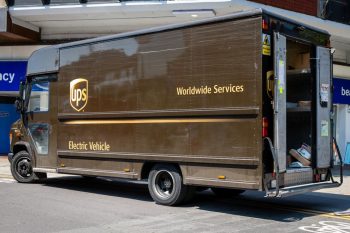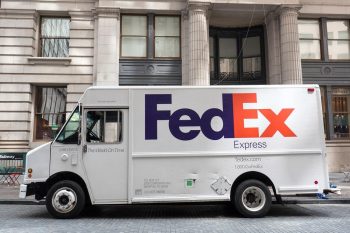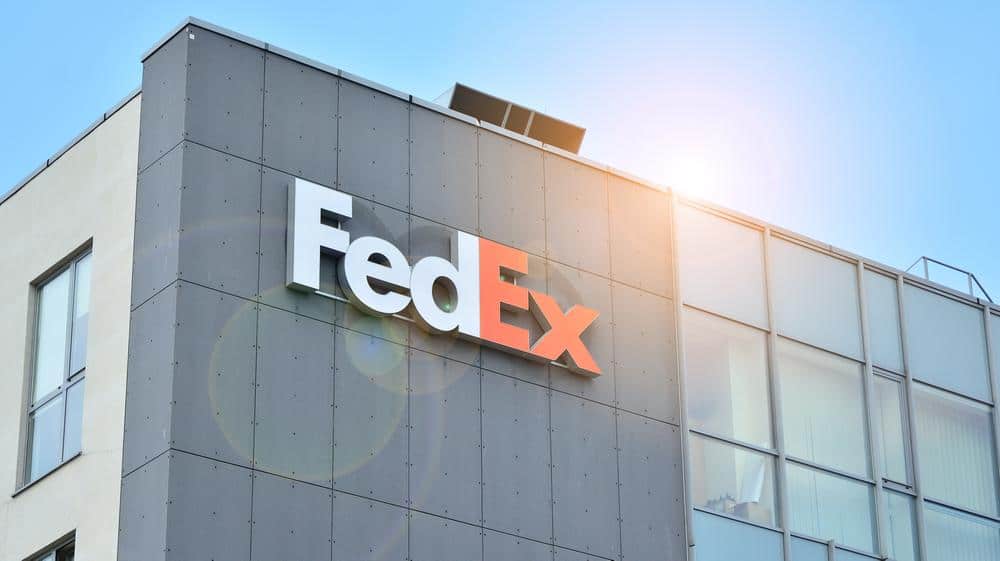
FedEx, one of the world’s leading delivery companies, has a policy of scanning driver’s licenses for certain deliveries. This practice has raised questions and concerns among customers, especially those who value their privacy and are wary of potential misuse of their personal information. This comprehensive guide delves into why FedEx scans your driver’s license, what information they’re interested in, how they use this information, and the legal implications and benefits of this practice.
FedEx scans your driver’s license primarily to verify the recipient’s age for deliveries that require an adult signature, such as packages containing alcohol or certain hazardous materials. The scanning process captures the recipient’s first initial and last name for all signature deliveries. FedEx assures that no other personal data, such as driver’s license number, birthdate, or home address, is recorded or stored during this process.
Why FedEx Scans Your Driver’s License
The primary reason FedEx scans driver’s licenses is to verify the age of the recipient for deliveries that require an adult signature. These could be packages containing alcohol, certain hazardous materials, or other age-restricted items. As of June 28, 2022, FedEx drivers now scan the recipient’s driver’s license or government-issued ID to electronically capture their first initial and last name, which is necessary for all signature deliveries.
What Information Does FedEx Capture?
FedEx is particularly interested in verifying the recipient’s age and capturing their first initial and full last name. The scanning process does not record or store any personal data, such as driver’s license number, birthdate, or home address. If a recipient declines to have their ID scanned, the driver can manually verify their age by entering their birthdate, first initial, and last name.
How FedEx Uses This Information
The information obtained from scanning driver’s licenses is used solely for verifying the recipient’s age and identity. This ensures that packages with age restrictions are delivered only to eligible recipients, thus maintaining compliance with regulations and reducing the risk of delivering restricted items to underage individuals.
Legal Implications and Concerns
While FedEx’s practice of scanning driver’s licenses has raised some concerns about data privacy and potential misuse of personal information, FedEx maintains that it only records the first initial and last name on the ID. They do not record or store other personal data encoded within a recipient’s ID. Any concerns about identity theft and data misuse are addressed by FedEx’s commitment to data privacy and its assurance that the ID scanning technology is designed to improve the accuracy of recipient information and automate age verification, thus enhancing efficiency.
Benefits of FedEx’s ID Scanning Policy
FedEx’s ID scanning policy contributes to improved service delivery and customer experience by automating the age verification process for deliveries that require an adult signature. This not only ensures the correct delivery of age-restricted items but also potentially speeds up the delivery process, as drivers no longer need to manually enter recipient information.
ID Scanning Laws and Regulations
ID scanning laws vary by state in the United States. Some states provide an affirmative defense for businesses that use ID scanners, which means that the business cannot be held liable for unknowingly selling age-restricted products to a minor if they perform digital ID scanning. It’s advisable for customers to familiarize themselves with the laws and regulations in their specific state or local jurisdiction to better understand their rights and the requirements.
In conclusion, while FedEx’s practice of scanning driver’s licenses might be a cause for concern for some customers, it is a measure taken to ensure compliance with age verification regulations and improve service delivery. FedEx assures customers that it respects their privacy and does not misuse the information obtained from the scanning process.
Frequently Asked Questions
Does FedEx scan my driver’s license for every delivery?
No, FedEx scans your driver’s license or government-issued ID primarily for deliveries that require an adult signature, such as packages containing alcohol or certain hazardous materials.
If I decline the scan, will FedEx refuse to deliver my package?
If you decline to have your ID scanned, the FedEx driver can manually verify your age by entering your birthdate, first initial, and last name. Refusing the scan should not result in refusal of delivery as long as age and identity can be verified.
Is my information safe with FedEx after they scan my ID?
Yes, FedEx assures that they only capture the first initial and last name from the ID. They do not record or store other personal data encoded within your ID. FedEx is committed to data privacy and uses the ID scanning technology to improve the accuracy of recipient information and automate age verification.
Can I choose a different verification method instead of having my driver’s license scanned?
Yes, if you decline the scan, the FedEx driver can manually verify your age and identity by entering your birthdate, first initial, and last name. You are not obligated to have your ID scanned.
How does the ID scanning process speed up the delivery process?
The ID scanning process automates the age verification process for deliveries that require an adult signature. This potentially speeds up the delivery process as drivers no longer need to manually enter recipient information.

